- Home
- About Us
- Why BFI
- Treatments
Advanced IVF Treatment
Donor Services
Fertility Preservation
Advanced IVF Treatment
Donor Services
Fertility Preservation
- Locations
- Resources
- Contact Us
Intra Uterine Insemination - IUI
Intra – Inside
Uterine – the uterus
Insemination – putting the sperm
The procedure of putting a prime lot of specially prepared sperm inside the uterus at the time of ovulation (egg release) is called “Intra Uterine Insemination”.
In this procedure, the sperm bypasses the cervical barrier and is put directly inside the uterus, which means that the sperm is placed closer to the uterine opening of fallopian tubes at the time of expected egg release to increase the chance of conception.
Pretreatment evaluation, proper case selection, good ovulation induction, proper monitoring and triggering of the ovulation, meticulous sperm preparation, accurate timing, atraumatic insemination, post-IUI support drugs, multiple factors play a crucial role in giving optimum success of IUI.
Who Can Benefit From IUI?
MALE FACTOR INFERTILITY
- Oligospermia (Less sperm count)
- Asthenospermia (Less sperm motility)
- Teratospermia (More percentage of abnormal sperm)
- Hypothermia (Less volume of semen)
- Viscous semen (Sticky semen)
- Frozen semen
- Anatomical defects of husband
- Retrograde ejaculation
- Azoospermia where donor sample used
- Problems in sexual relations
- Absentee husband due to job etc
- Performance problem on demand
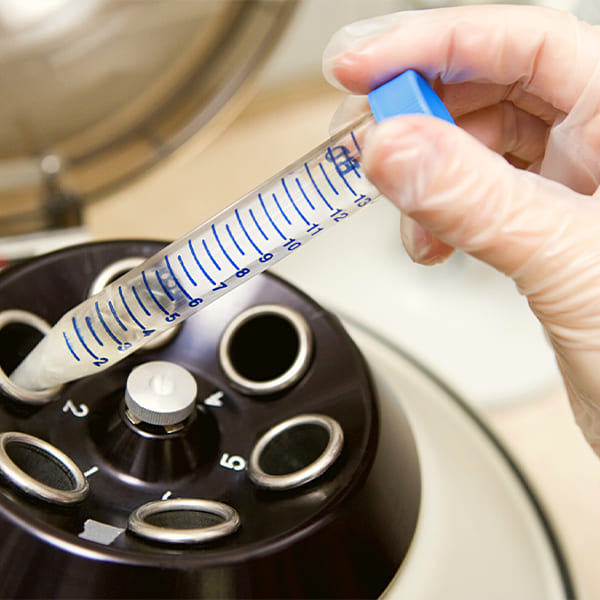
FEMALE FACTOR INFERTILITY
- Poor cervical mucus
- Abnormal Post Coital Test – PCT
- Immunological factors at the cervix
- Anatomical defects of wife
- Poor ovulation
UNEXPLAINED INFERTILITY
- For improving pregnancy in infertility treatment
How is IUI treatment done?
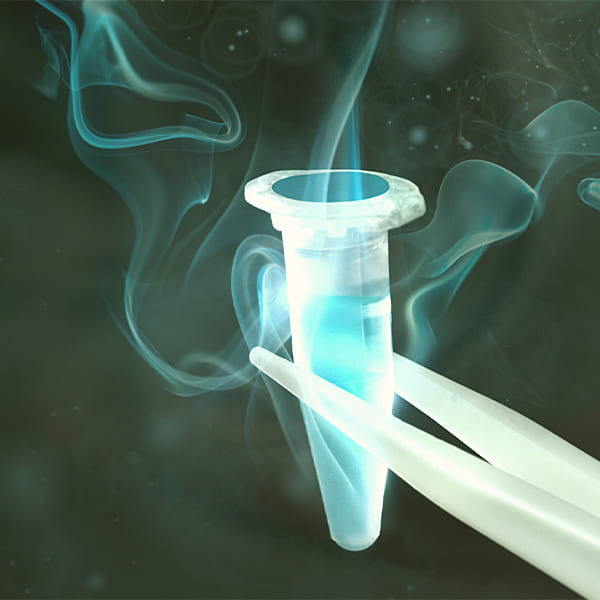
Female Partner
- The ovulation induction is done with the help of tablets or injections to increase the availability of several eggs at a proper time.
- The process of follicle development is monitored with Trans Vaginal Sonography – TVS.
- When follicles are ready, hCG injection is given for final maturation of oocyte and its release (Rupture of the follicle).
- A prepared sperm sample (washed semen) is injected into the uterus with the help of a thin, soft tube (cannula). This process of injecting sperm into the uterus is called Intra Uterine Insemination – IUI.
- IUI is a very simple, easy and painless procedure. It takes a few seconds to inject.
- The lady is advised to rest for 10 minutes, and then she can go back to her routine daily activity, including office work, travelling, domestic work etc.
- The couple can have intercourse from the same day and any time in the same cycle as per their choice and desire; there no restriction or compulsion.
Male Partner
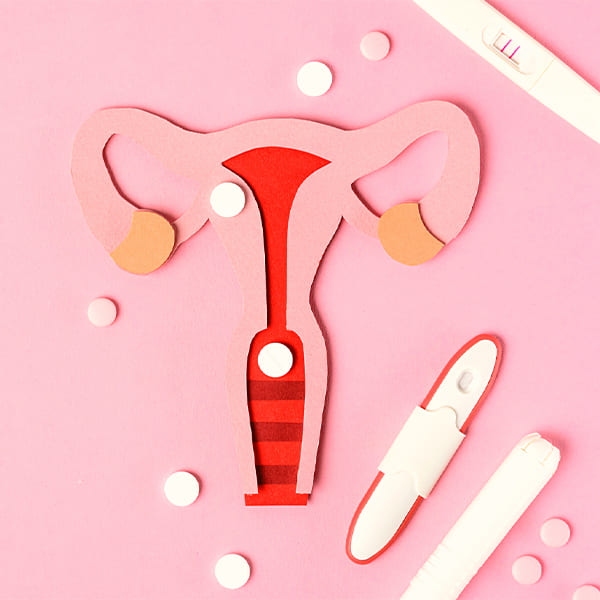
- Husband’s semen is collected on the day of IUI.
- He may give his semen 1 to 2 hours before scheduled insemination.
- He may give semen earlier in the day at his convenience, and the prepared sperm can be inseminated later.
- Semen collection is routinely done in the hospital.
- Semen can be collected at home and then transported to the hospital. This is encouraged in Covid19 times.
- Frozen semen can be used for insemination if the husband can’t remain present on the day of insemination or can’t perform and give a sample on demand.
- If the husband is undergoing medical or surgical treatment, which can adversely affect sperm production, he can freeze his semen, which can be used for IUI when required.
- Cryoaccumalation – freezing multiple semen samples and then using them together for insemination at a time. This is useful when the availability of good quality sperm is less in one semen sample.
- For using frozen semen, the husband can freeze his semen at any convenient time. Once frozen, semen can be preserved and used after any duration of time, days – months or years.
Laboratory procedure – Sperm wash – Semen wash
- Semen contains a large amount of other unwanted material over and above sperm. Only sperm can be injected into the uterus. We have to prepare the semen in our laboratory so that we remove every unwanted substance and separate the best motile and morphologically normal sperm out of the semen sample. We also have to achieve capacitation of sperm which is crucial for fertilization.
Depending upon semen parameters, we decide the process of semen wash.
YOUR TREATING INSTITUTE MUST HAVE A FACILITY FOR ALL TYPES OF SPERM PREPARATION TECHNIQUES AVAILABLE AND WITH OPTIMUM RESULTS.
How is insemination done?
Insemination – the procedure of putting sperm in the uterus – is very simple.
- The patient is taken into the operation theatre
- A comfortable position is given to expose the private parts
- Aseptic precautions are taken
- A self-retaining instrument is put in the vagina to expose the cervix and maintain it.
- A thin cannula – pipe – is selected to inject the sperm into the uterus
- The mouth of the uterus is cleaned
- The cannula is put in the uterus through the cervix
- Prepared sperm is slowly injected into the uterus
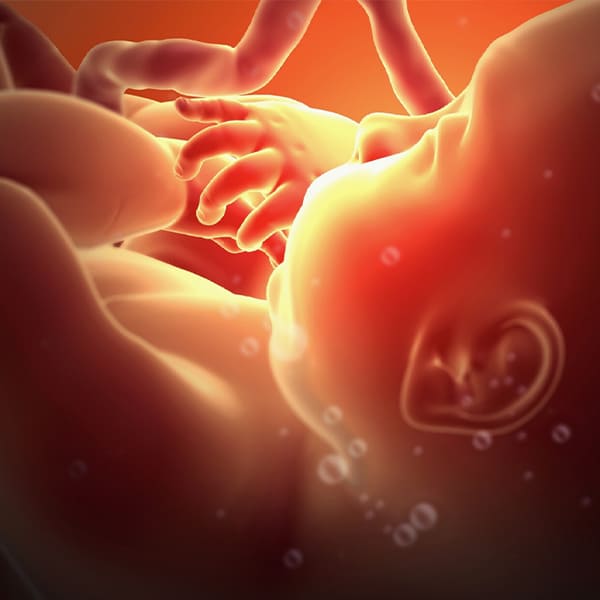
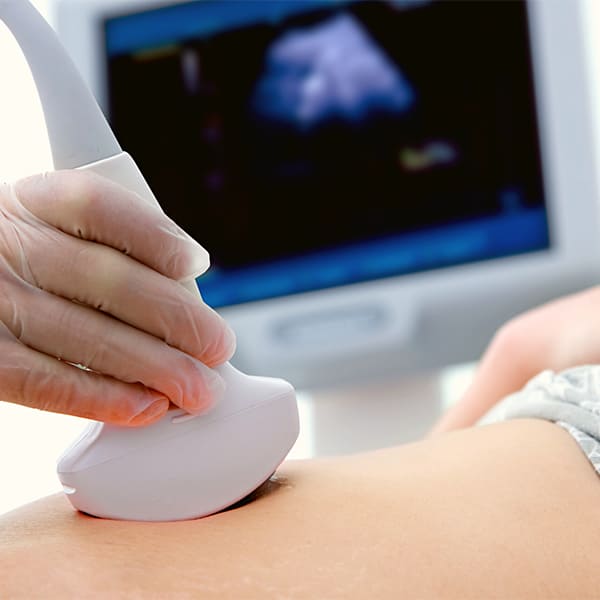
Advantages of IUI
- It is simple
- It is less expensive than ART – IVF
- Better chance of pregnancy compared with natural intercourse
Disadvantages / Limitations of IUI
- Millions of sperm are required
- We can not see the fertilization
- We can not assure fertilization
- We can not assure embryo transportation to the uterus
- We can not see the quality of the embryo
- It has very less success chance compared to other high tech ART – IVF
- Uncommon risk of infection, bleeding
BAVISHI FERTILITY INSTITUTE does hundreds of IUI treatments every year. All facilities are in house. Skilled and experienced consultants and embryologists help in achieving an excellent and consistent success rate.
